Market Management forces propagate to businesses to commit to selling goods with clear origin. |
Recently, on May 19, the authorities inspected the business activities at the 99% store belonging to the business household "99% Da Nang " and discovered that this business household had 9 wristwatches with the brand "Rolex", 15 handbags with the brand "Chanel" and 9 pairs of sandals with the brand "Hermès" suspected to be counterfeit goods of the Chanel, Hermès, and Rolex brands that are protected in Vietnam.
A walk around major markets such as Han Market, Con Market, or fashion streets in Da Nang shows a not-so-bright picture. From cosmetics, fashion to functional foods, countless products "branded" but surprisingly cheap: "Versace" perfume for 90,000 VND, "genuine Adidas" shoes for 200,000 VND, "USA" functional foods without inspection. In particular, e-commerce channels and livestream sales have contributed to helping counterfeit goods infiltrate every family, with advertisements "hand-carried, guaranteed genuine".
Ms. Tran Thi Thanh, a consumer living in Hai Chau district, shared: “Sometimes I was skeptical, but seeing that it was so cheap, I still bought it to try. Now that I think about it, I think it was a risk, because I didn’t know exactly what was in it, and if it affected my health, it would be terrible.”
Recent cases show the scale and recklessness of the counterfeit market: in April 2025, Da Nang Market Management Team No. 3 coordinated with the Economic Police to discover more than 2,000 counterfeit cosmetics and functional food products; before that, a batch of shoes and handbags imitating major brands was also seized. But after each campaign, counterfeit goods still "grow like weeds".
Mr. Phan Truc Lam, Head of the General Department of the Da Nang Market Management Department, said that in the past, counterfeit goods were often sold openly in markets, traditional stores, and tourist streets. However, many people have now switched to doing business through social networks, e-commerce platforms, using intermediary warehouses, and even shipping goods from other places according to orders, making it difficult to detect, check, and handle.
In addition, with increasingly modern technology, many counterfeit and poor quality products are made very sophisticatedly, with designs almost identical to genuine products, making it difficult for consumers and authorities to distinguish with the naked eye. In some cases, the subjects even use real labels to stick on counterfeit products, causing serious confusion.
However, fighting counterfeit goods cannot rely solely on the authorities. A more important "link" lies in the easy-going consumption habits of a segment of the population. Many people know that the products they buy are counterfeit but still accept them because they are... cheap, "to use for the experience", or because of the concept of "you get what you pay for". As a result, no matter how resolute the authorities are, if consumers do not change, the counterfeit goods market will still have room to survive.
The Market Management Force of Da Nang City has been strengthening coordination with other functional forces such as the Police, Customs, Tax, etc., and at the same time promoting the application of information technology in monitoring and supervising the market. However, to effectively prevent and combat this field, it is necessary to have the cooperation of consumers in denouncing violations, as well as raising vigilance when shopping, especially in the online environment.
Counterfeit goods not only cause economic damage, but also directly threaten public health: fake cosmetics cause allergies, poor quality functional foods can damage the liver, kidneys, and even endanger life. More seriously, when consumers accept to use counterfeit goods, they are helping to distort the business environment, stifling the opportunities of legitimate businesses.
To eradicate counterfeit goods, it is necessary to shift from dealing with the symptoms to solving the root cause: Innovating management work: Local authorities need to build a mechanism to quickly and transparently warn of counterfeit goods; promote easily accessible tools to verify the origin of goods such as code scanning applications and feedback hotlines.
Strengthening handling: Not only should there be strong penalties for those who produce and trade in counterfeit goods, but there should also be strict handling of consumers who know but still consume counterfeit goods, in order to deter and change behavior.
Innovation in propaganda: It is necessary to introduce the content of "responsible consumption" into schools, residential areas, and young consumer groups. Education on healthy consumption habits should be done early, to create a generation of consumers with awareness and correct actions. It is necessary to promote the role of consumer supervision: In a transparent society, consumers are not only customers but also market supervisors. A small action - refusing to buy fake goods - is a way to contribute to cleaning up the market.
KHUE TRUNG
Source: https://baodanang.vn/xa-hoi/202506/mua-re-cai-gia-phai-tra-rat-dat-4009740/


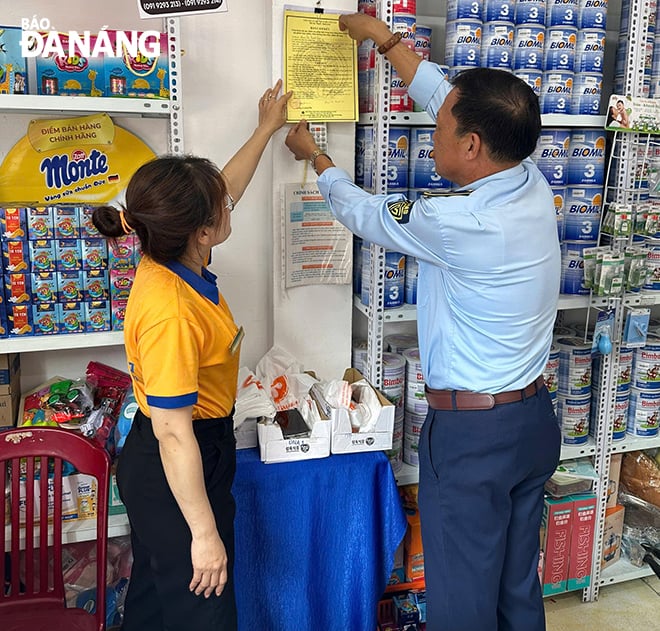






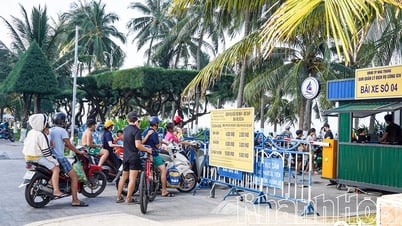


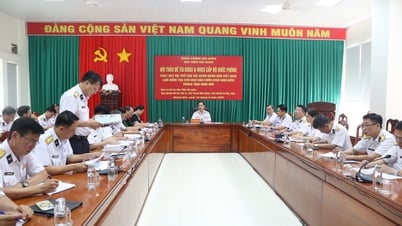


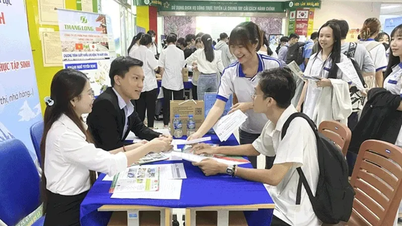

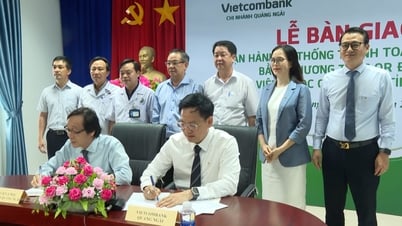





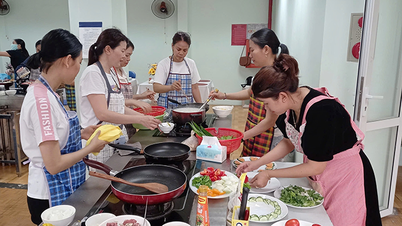

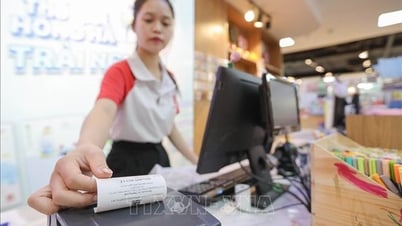


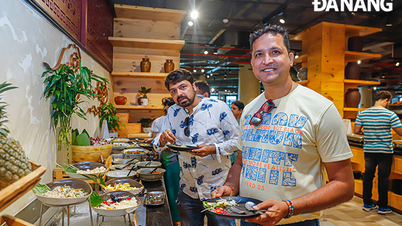

















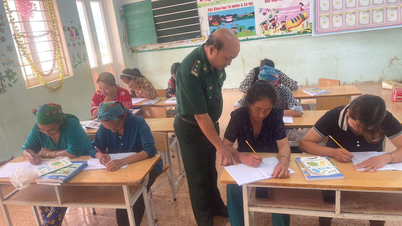







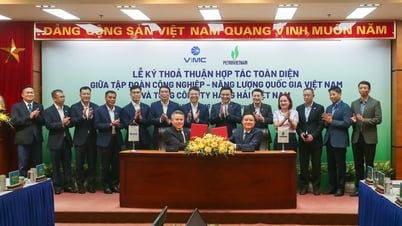
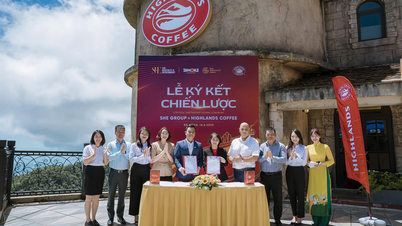


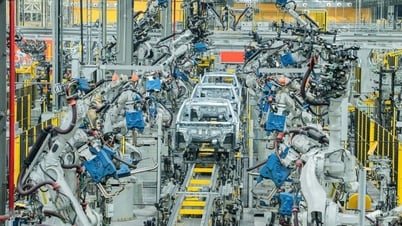



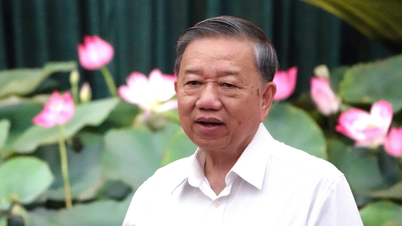


































Comment (0)